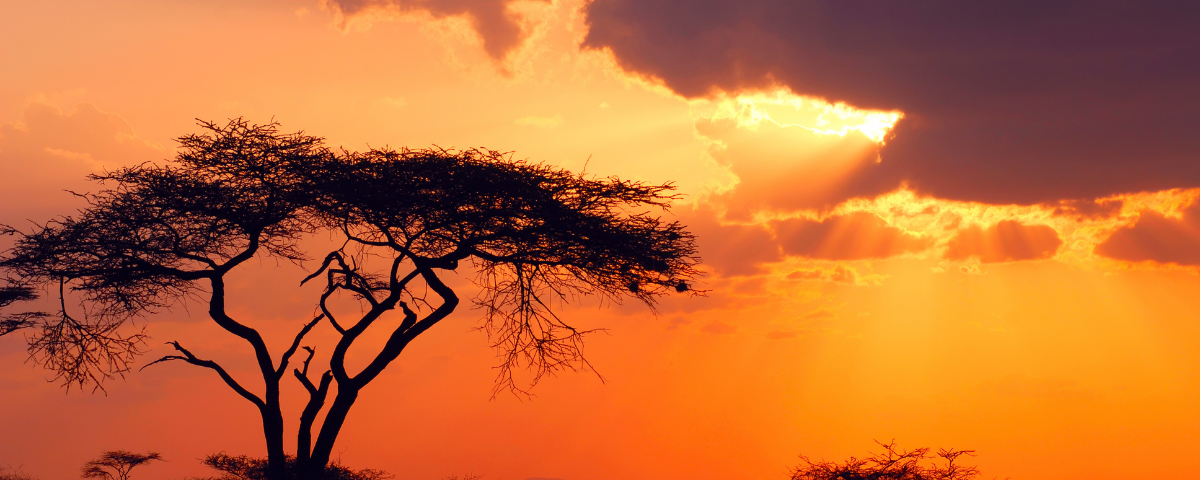Daniella Sachs describes herself as a white South Africa, accepting the “agency of skin colour, ” she writes “while I accept that I was born with less melanoma than others, the fact is, I was born African.” There are thousands of ethnic groups in Africa each with its own culture and language of dialect, from the Afroasiatic in the north to the Kho-San in the south, displaced north by the southern migration of Bantu-speaking groups.
Daniella in her article points out that
“Tourism in Africa is almost entirely focused on branding and marketing the continent to international tourists, and not to Africans. We sell Africa as the last frontier for discovery, the Wild West for adventure, as National Geographic brought to life. We sell Africa in the same way it has always been sold since the first Colonial World Expositions of the 1800’s. We sell Deepest Darkest Africa. What an exotic and thrilling drawcard.”
I wrote back in March about the importance of narrative in tourism, Narratives Matter. The way we present Africa in brochures and on websites, the sites and experiences we market shape travellers’ perceptions of the continent, as do Conrad’s Heart of Darkness, films like Born Free, Out of Africa and African Queen (compare these with the Guardian’s 20 best African films). The Big 5 and the hunting safari still dominates our concept of the wildlife experience in Africa. However, the industry does now market the cetaceans (whales, dolphins, and porpoises) on the coast of parts of Africa.
I agree with Daniella that our “colonial lens has suffocated our industry.” The African tourism product has been designed primarily for travellers from other continents. Daniella points to “the fact that the dominant product that is developed and sold is the colonial Big 5 safari experience, with a cultural village thrown in for the photo opportunity.” Daniella argues that the Future of Tourism is Africans.
How well is our industry doing in communicating Africa’s wealth of diversity to attract African and international visitors?
We are a storytelling species. Storytelling matters; it creates meaningful connections, we need to do it better. We need to have more diversity in the experiences and stories we tell. Only through storytelling can we realise the ambition of Responsible Tourism to provide “more enjoyable experiences for tourists through more meaningful connections with local people, and a greater understanding of local cultural, social and environmental issues.”
We aspire to create meaningful connections between hosts and guests; what does that mean for practice? How can we celebrate diversity better? Keith Henry, President and CEO of the Indigenous Tourism Association of Canada, argues that cultures belong to the people who create them, pointing out that if it is about us, it must be with us, and it cannot be without us. We would do well if we empowered the diverse people of Africa to tell their own stories, to present their living and evolving culture.
There were two panel discussions at WTM Africa which explored these themes.
Africa’s Cultural Diversity – Whose is it? How can we celebrate diversity better? There has long been an academic critique of the ways in which out industry commodifies cultures and cultural artefacts. At the heart of Responsible Tourism is the principle that communities should use tourism for their sustainable development rather than be used by
it. We aspire to create meaningful connections between hosts and guests, what does that mean for practice? How can we celebrate diversity better?
- Uwern Jong, Experientialist-in-Chief, OutThere, UK & Malaysia
- Judy Kepher-Gona Sustainable Travel & Tourism Agenda- STTA
- Aziz Abu Sarah Explorer at National Geographic & CEO MEJDI Tours, USA
- Siyabulela “Sabu” Siyaka Ubizo Events & Tours , Langa, Cape Town
Stories Bring Experiences Alive
We need to think about the stories we tell in the itineraries and places we recommend and market. We need to have more diversity in the experiences and stories we tell. We need to take responsibility if travel is to broaden the mind rather than reinforce prejudices.
- Toroga Denver Breda, First nation KHOE language and cultural kuwiri, xoa-khoen aka activist and writer based in Xhui-Qhae or Cape Town.
- JoAnna Haugen Founder of Rooted: Sustainable Tourism + Storytelling + Social Impact Ukraine
- Dirk Pienaar of the Khomani San
All the videos from WTM Africa are available here
Want to receive the latest Responsible Tourism news? Sign up to our newsletter and opt in for updates about this category.
Nominations for the Responsible Tourism awards are now open, and this time they’re global. They’re free to enter, and the deadline is 31 August 2021. Categories:
- Decarbonising Travel & Tourism,
- Sustaining Employees and Communities through the Pandemic,
- Destinations Building Back Better Post-COVID,
- Increasing Diversity in Tourism: How inclusive is our industry?,
- Reducing Plastic Waste in the Environment and
- Growing the Local Economic Benefit.

